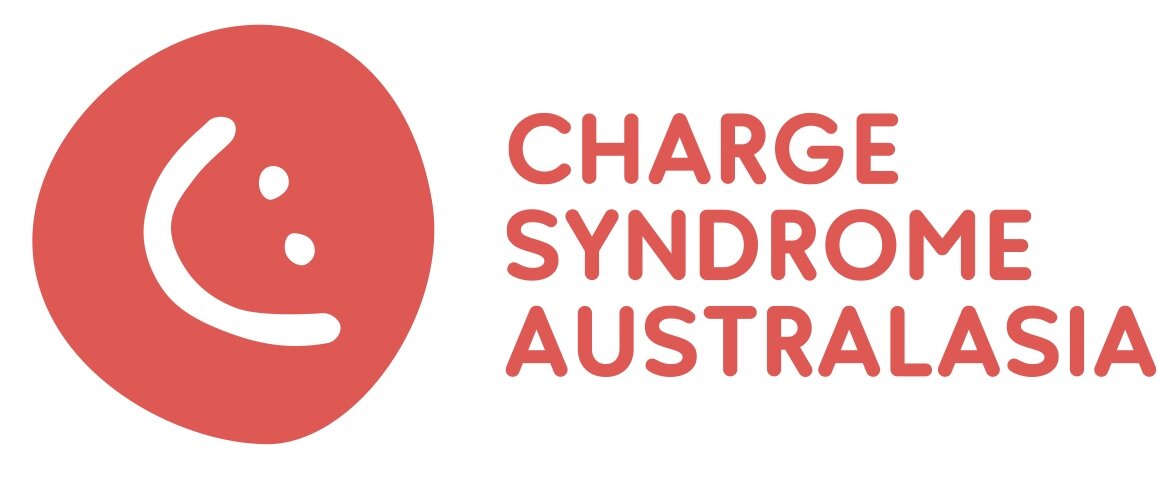Advocacy
CHARGE Assist
Our CHARGE Assist team can support you in areas such as:
Early intervention
Development
Communication
Behaviour
Education
Life transitions
They can provide information and strategies on transition to pre-school, school or employment, or they can support you to help the therapists or teachers understand CHARGE syndrome and your child’s needs.
Our team can also connect you with other families in your region. It can really help to get in touch with others who share similar experiences and who can offer understanding, encouragement and support.
CHARGE Assist is a small team of volunteer professionals from the deaf/deafblind field and have 30 or so years of experience with CHARGE syndrome.
This service is provided free by phone or email. There may be costs associated with an onsite visit.
Please don’t hesitate to contact Rob.Last@chargesyndrome.org.au or Elizabeth.Levesque@chargesyndrome.org.au.
Financial support
We have gathered some useful links and tips about accessing government funding in your country.
Tips for tackling NDIS
There are many steps involved in the process of obtaining and using NDIS funding. One of our CHARGE parents has put together these tips to follow.
Raising the profile of CHARGE Syndrome
We are keeping CHARGE syndrome on the agenda. We have a seat on several reference groups working towards making systemic change in the deafblind/disability space.
As part of the Parliamentary Inquiry into Independent Assessments, we joined several national peak bodies (such as Senses WA and NextSense, previously RIDBC NSW) calling for changes to be made to the delivery of NDIA’s independent assessments so as to fully address the needs of people with deafblindness.
Our contribution to the submission described CHARGE syndrome and the impacts of not just deafblindness, but multi congenital anomalies and the long term multidisciplinary health care and intervention required. A parent of an adult with CHARGE syndrome who took part in the independent assessment trials shared their experience, highlighting the inadequacy of the assessment tools prescribed for these individuals.
Our recommendations were:
Consult more with the deafblind community
Deafblindness be recognised as a primary disability
Independent Assessors undertake mandatory deafblind awareness training
That future function capacity of children with complex, deteriorating conditions are considered
Use Auslan interpreter familiar with the person with deafblindness
People with deafblindness are supported to bring a familiar person with them to their independent assessment
Face to face assessments of ample time for people who are deafblind.
You can read the full submission PDF here.
Our response to changes in specialist support teachers in Victorian schools
The Victorian Education Department is proposing significant changes to Specialist Teacher supports in Victorian schools (announced 17 Aug 2023). It is axing the positions of specialist teachers who support children with blindness and low vision, deafness and hard of hearing, deafblindness, physical disability, autism, and health impairments. We strongly oppose this proposed change which will impact the most vulnerable students in Victorian schools.
